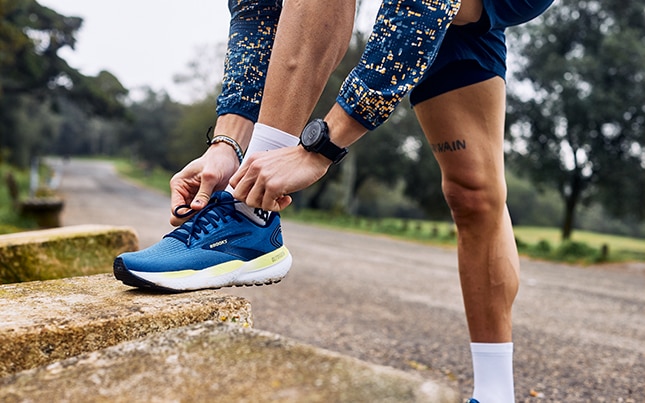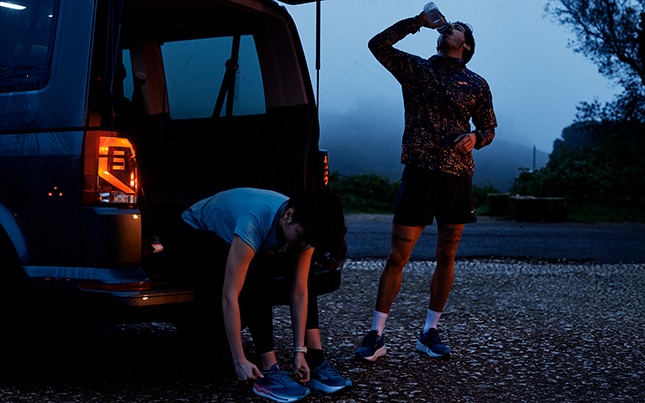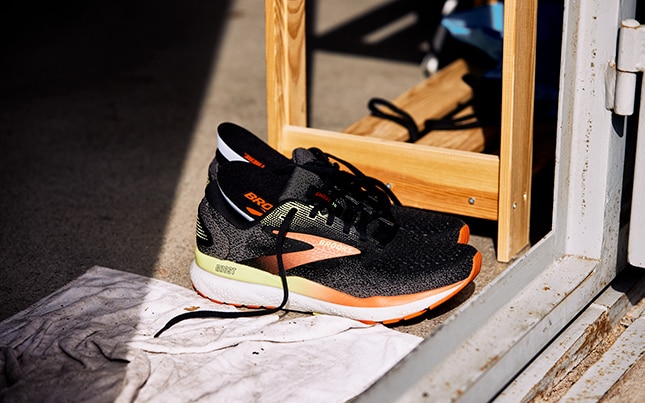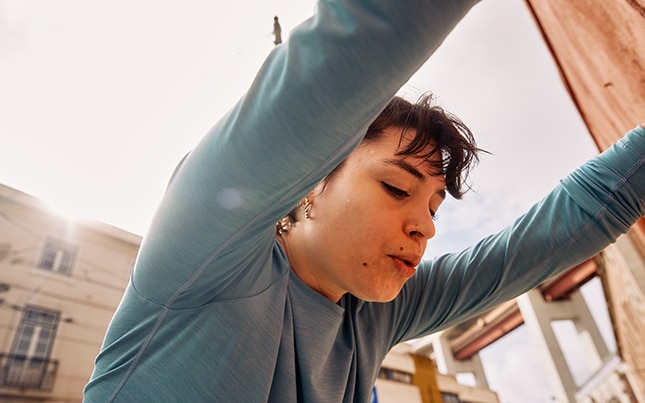What to eat before a run?

Properly fuelling your body before a race isn’t just about the foods you eat — you need to think about when and how much you eat before a run, too. Nibble on these nutrition tips to help your body perform at its peak during your next race.

Brooks Beast Team

Pre-running food: Why is it necessary?
Your pre-running food has a couple of things in common with the pair of Brooks shoes you run in.
First, it’s pretty much one-size fits you. “Pre-running food is highly individual in terms of amount of food and what agrees with a runner”, says Dr. Kyle Pfaffenbach, a professor in the Health and Human Performance programme at Eastern Oregon University and adviser to Brooks Beasts.
Second, you wouldn’t lace up an untested pair of shoes at the starting line of your next race. Why would you risk stomach cramps or other GI stress on race day? Whatever your chosen pre-run snack or meal you should break it in during training, especially on more difficult days.
Eating a balanced, nutritious meal before a run is a key part of getting your body to perform, but Dr. Pfaffenbach explains that too often, runners think about this meal as a singular event. Instead, runners should integrate their pre-race food early in their training and make adjustments leading up to race day. Knowing what to eat before a run will help you learn what to eat before a race.

“The perfect pre-running food is not the best way to improve as a runner — training hard and consistently is. Despite everyone knowing this, runners rarely eat their pre-race meal before key workouts and training sessions. If you find a pre-run snack or meal that works, utilise it for hard training days, too! This will help you get used to the food and timing, and this approach fuels quality training sessions.”

Key ingredients for a pre-running meal
Dr. Pfaffenbach knows a thing or two about how food and exercise affect the body. His classes focus on the cellular physiology of exercise, nutrition for health, and nutrition for sport performance. While he can’t prescribe a specific pre-race meal for you, he does have some suggestions:
“For high intensity events, go with low-fibre complex carbs 2–3 hours prior. Examples of good pre-race meals include pancakes or waffles with some yogurt, fruit and syrup. Other alternatives, such as rice farina (it’s like cream of wheat), can be combined with syrup and granola. For most people, carbohydrates work well for high intensity exercise, but people need to know their individual needs.”
According to Dr. Pfaffenbach, the timing of your race day food is just as important as what’s on your plate. “It can be difficult to eat breakfast before a morning race so runners need to experiment with how close to start time they eat and what they can stomach before a race.”
Race day nutrition tips
When you think about your pre-race nutrition, remember these four points from Dr. Pfaffenbach:
- Race day nutrition is individual to the runner.
- Eating 2-3 hours before the race works well.
- Timing is everything.
- Test your pre-race meal in training before you get to race day. Do you want more running tips? Read more about running tips for beginners.
What to eat before running a marathon
The right food, both before and during the run, can make or break your marathon experience. Under fuel and you run the risk of hitting the dreaded wall 20 miles in, making the final 6 miles a real slog. Alternatively, if you over fuel or take on the wrong foods, you might end up feeling sluggish or experience GI issues. Not what you want when you’re trying to break 26.2! So the question is: what to eat before running a marathon?
First things first, the golden rule is to never try anything new on race day - or as your pre-marathon meal. Eyeing up a kebab from the local takeaway the night before your race? Unless you’ve practised eating it the day before a long run, save it for your post-marathon treat and enjoy some of your tried and tested favourites for pre-marathon food instead.
In the week before your marathon, look to eat plenty of carbohydrates - no, carbo-loading isn’t just an old wives’ tale! It helps you to avoid hitting the wall, which is what happens when your body’s store of carbohydrates is running low. In the days before your run, enjoy plenty of pasta, potatoes, fruit and vegetables.
Don’t forget about protein - it helps to rebuild muscle, so it’s important after a long run, but you might want to include it in your pre-marathon meal, too. Something like pasta with chicken, broccoli and salad would be perfect, or a mild chickpea curry with rice would work well too.
Speaking of training
Ready to put Dr. Pfaffenbach’s pre-race meal advice to work? Check out one of our race training plans created by Brooks Beasts coach Danny Mackey: